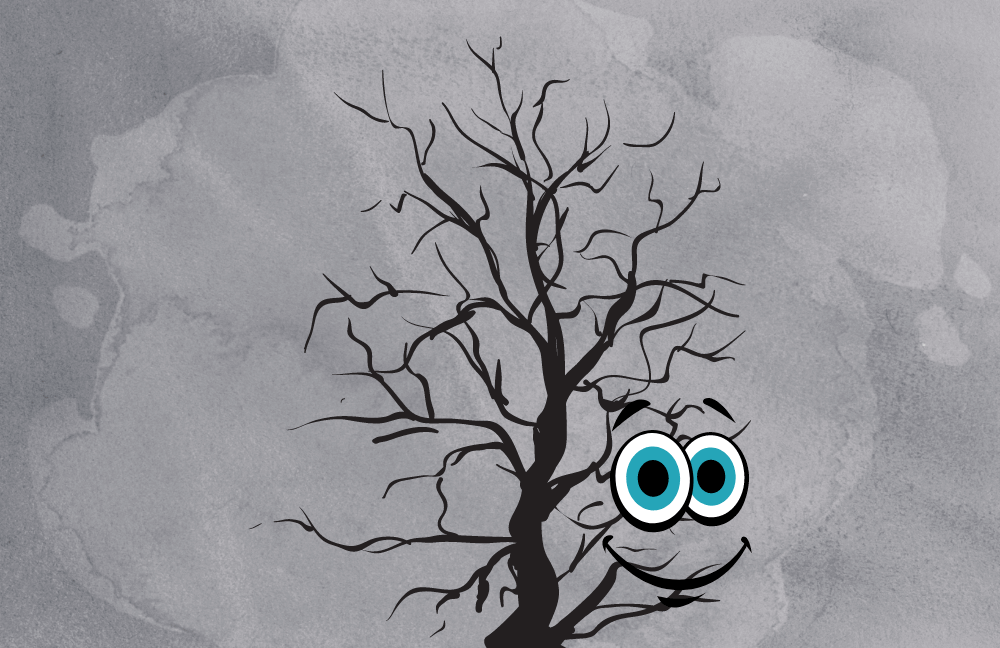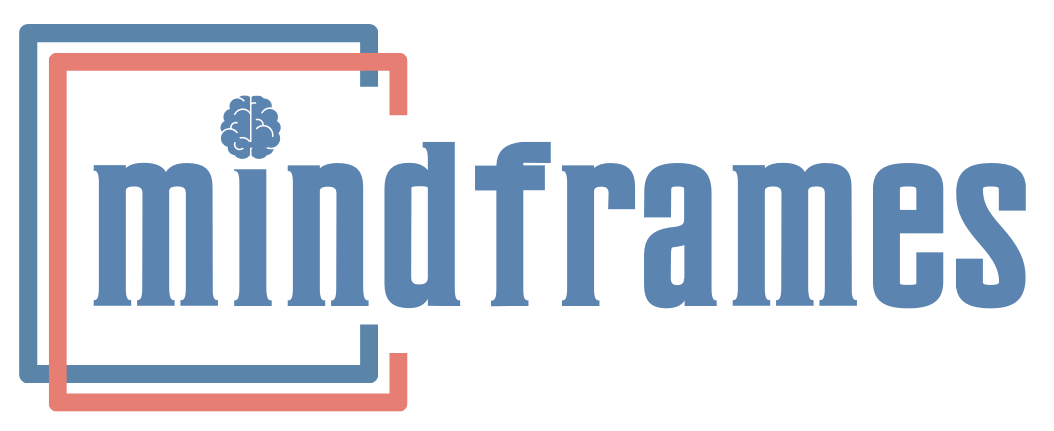Psychological Tests for Children
Why Child Psychological Tests?
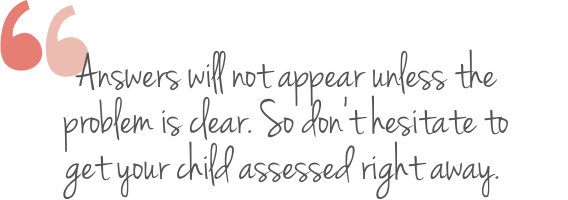
What We Hope to Assess
Our measures in children could include standardized assessments as are routinely performed for IQ and academic ability, as well as tools that gauge personality, behavior, social and emotional states, thinking styles, anxiety, depression, mood swings, stress, and adaptive functioning to name a few. Parents as well as children can be questioned on the child’s behavior. Tests can be diagnostic (they point to a condition that was previously unknown e.g., personality and self-esteem) while others are prognostic (they gauge the severity of depression or anxiety or IQ and watch it change over time).
We conduct assessments based on problems that you present with, but we also rely on our clinical judgment to perform the correct tests; and so, a detailed history is always recommended. Psychological testing is hence an important part of the process, but we do not see it as the only piece of purposeful information. We take into account the academic progress, health history, as well as other factors that may affect the child’s performance. Hence our enhanced focus is placed on the evaluating psychiatrist’s clinical judgment.
What We Want from Parents
- Ask us any questions in your mind
- Address all your concerns with us
- Share previous physical health data
- Share earlier psychometric results
- Share the history in great detail
- Partake in your child’s wellness
- Offer updates on his/ her behavior
Some Psychological Test Types
- Academic assessment batteries
- Personality profiling questionnaires
- Mood (depression, anxiety, phobia)
- Sociability and emotional quotient
- Study skills measure and analysis
- Career interest and guidance tests
- Parent child relationship measure
Latent and Expressed Behavior in Children
Children can hide their emotions. A good test hence measures concealed variables too. When we enquire about the child’s behavior in different situations, we don’t seek a maximal performance, instead we measure the usual performance to know how kids feel at most times and why they feel that way. An intelligence (IQ) test contrarily seeks the best functioning, but a personality test looks at the everyday routine behavior, which defines their emotional outcomes. A blend of subjective and objective tests shapes the portrait of the child’s mind best.
Measures of Efficiency
- Standardized –consistent and stable
- Objective –evade any reporting bias
- Normative –reference to a standard
- Reliable – test variable accurately
- Valid – examine intended outcomes
Efficiency in Reporting
- Respect parent-child confidentiality
- Non-disclosure to external sources
- Explanation off results and findings
- Suggestions for target intervention
- Repeated for progress monitoring
Childhood Psychological Problems are Real
It’s difficult to accept that kids may have real psychological troubles like anxiety and depression. But childhood emotional tumultuousness is more evident than ever. Our children struggle with academics and extra-curricular competition, alongside confronting peer pressure, career struggles, pubertal changes, sexuality concerns and decision-making challenges. They face tremendous turmoil at all stages in life. This jeopardizes their chances of maturing into emotionally responsible adults. Nobody likes to talk about mental illness, or wellness for that matter. Especially in children and os their psychological turmoil goes unnoticed and therapy is hardly ever offered.
Most children and parents aren’t even aware of childhood and adolescent depression, or anxiety. But running from the problem won’t make it go away. Psychological tests provide objective measures of behavior that are of substantial utility for evaluating children and adolescents. These are best interpreted in the context of other clinical data and are overall very useful for developing a comprehensive treatment plan that addresses the child’s cognitive, emotional and behavioral needs.
As a Psychiatrist with in depth knowledge and awareness of psychological theories as well as tests, Dr Shefali provides a holistic approach to assessment and diagnosis. Dr Shefali Batra spoke to the Free Press Journal along with other experts, explaining the importance of optimal parenting strategies for helping children. She is a Feature Writer in India’s Teen Zine called Teenager Today. Together with you, we hope to take the right steps for your children; right now.

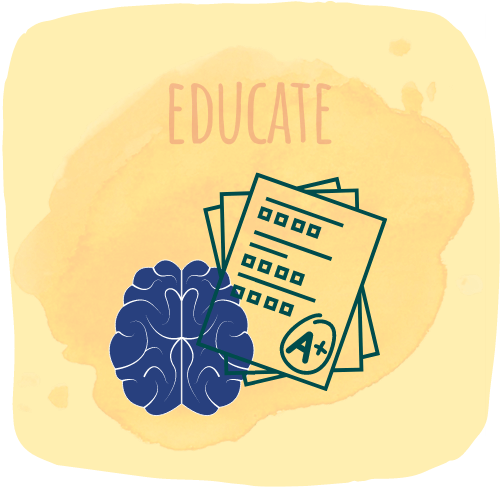


References
- Chuang, H. L., Kuo. C. P., Li, C. Y., Liao, W. C., (2016). Psychometric Testing of Behavior Assessment for Children. Asian Nurs Res (Korean Soc Nurs Sci). Mar;10(1):39-44.
- Arseneault, L, Kim-Cohen, J., Taylor, A., Caspi, A., Moffitt, T. E., (2005). Psychometric evaluation of 5- and 7-year-old children’s self-reports of conduct problems. J Abnorm Child Psychol;33(5):537-50.
- Halperin, J. M., McKay, K. E. (1998). Psychological testing for child and adolescent psychiatrists: a review of the past 10 years. J Am Acad Child Adolesc Psychiatry; 37(6):575-84.
Latest Posts

7 Reasons Why You Should Seek Therapy
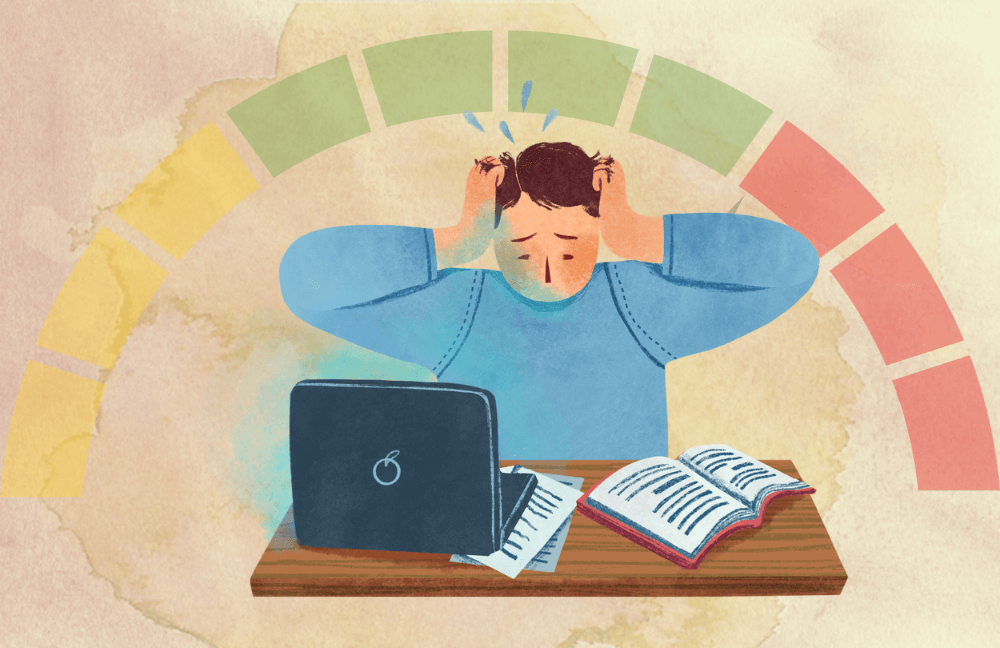
7 Questions About Workplace Stress Answered
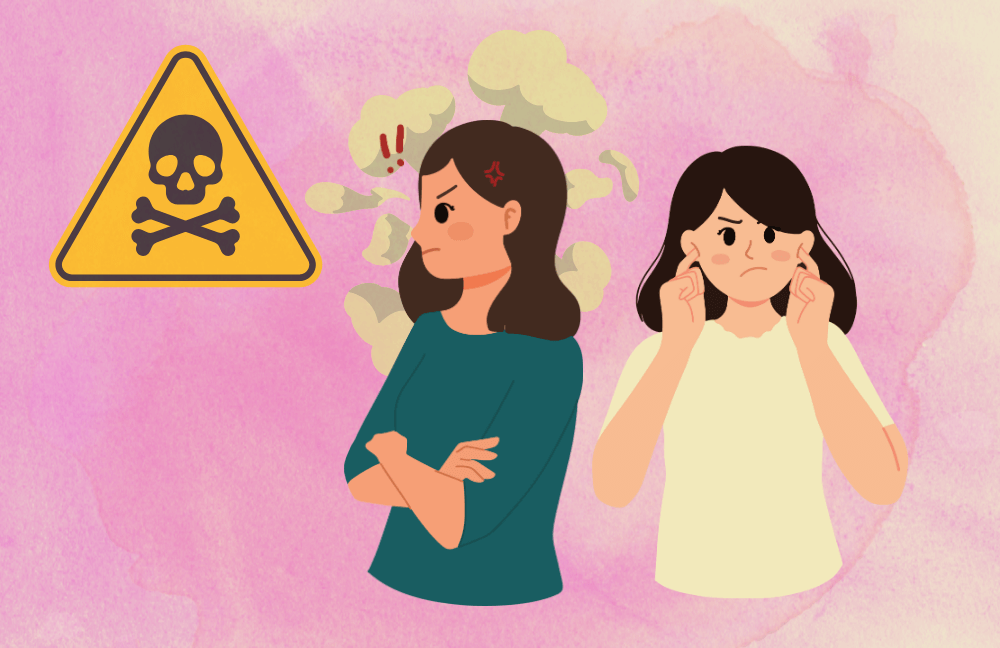
5 Ways To Deal With A Toxic Coworker
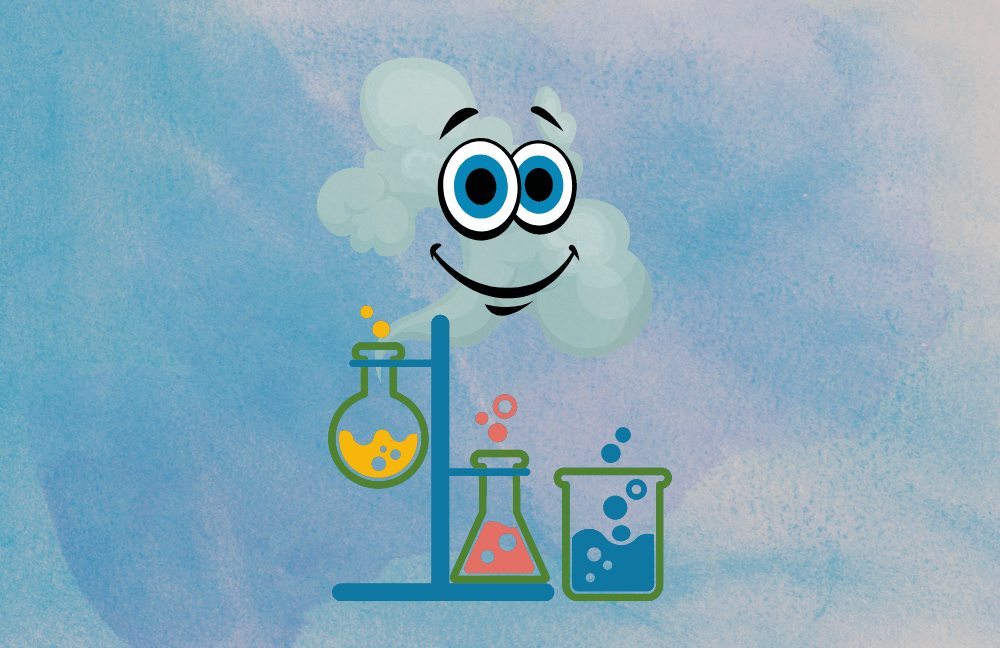
Science of Happiness: 1000s Of Years Of Research
